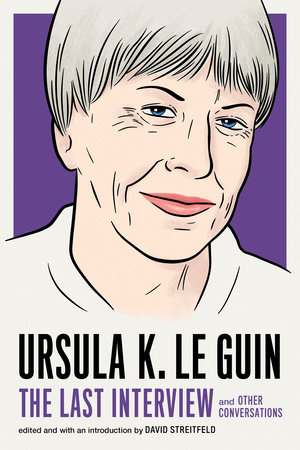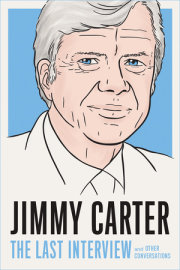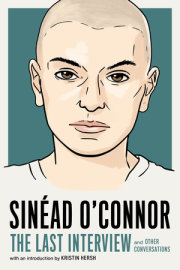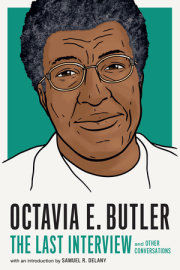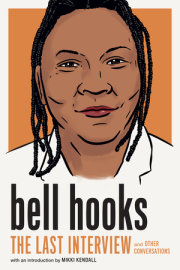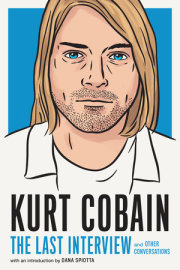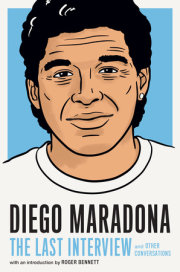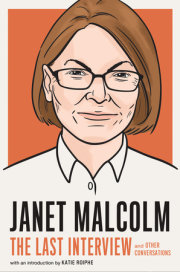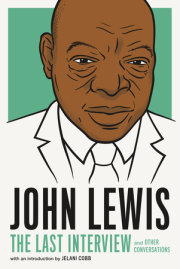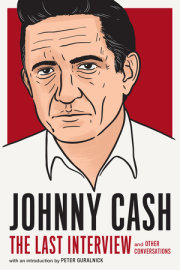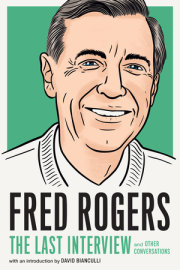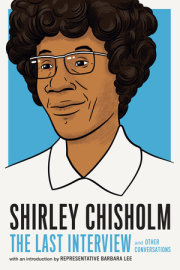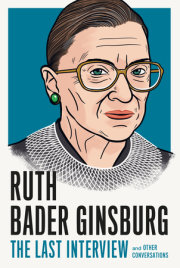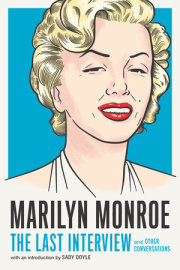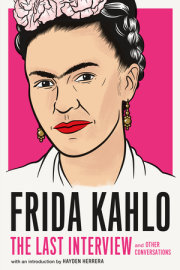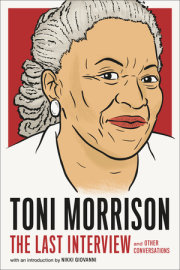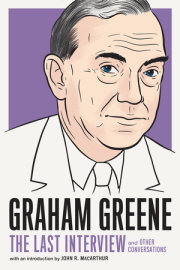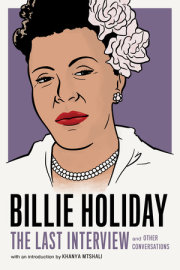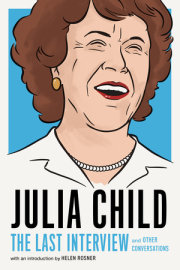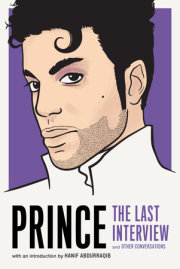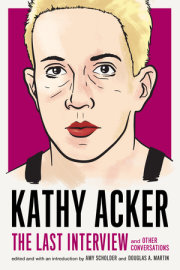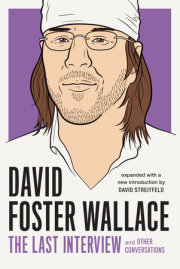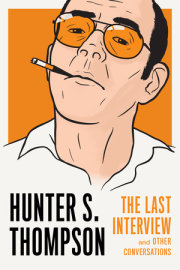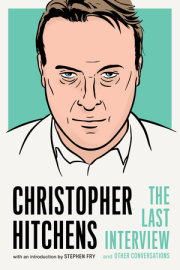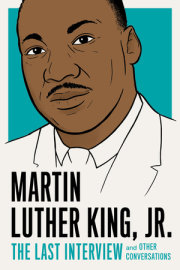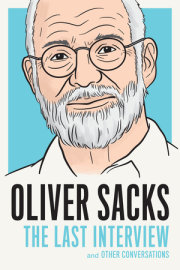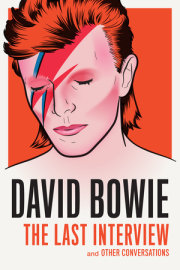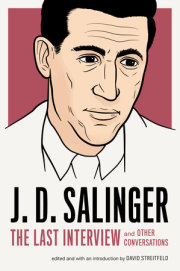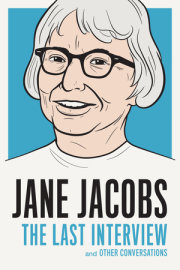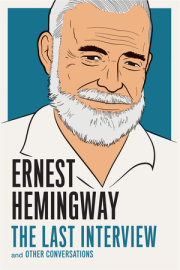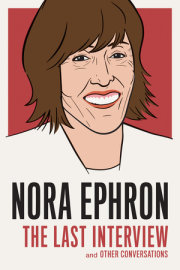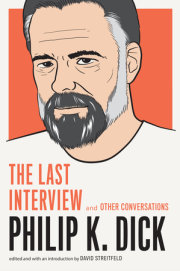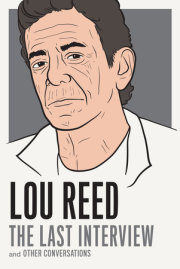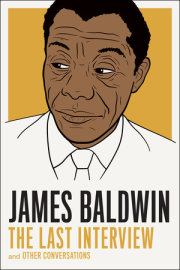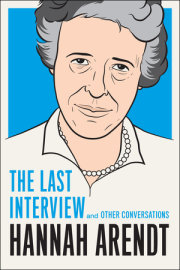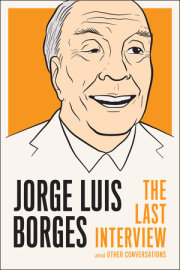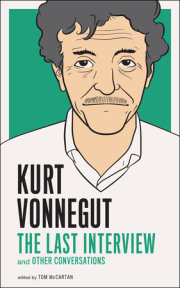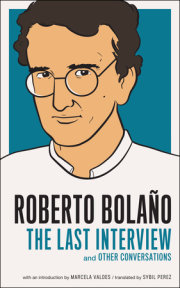Introduction by David Streitfeld, Ursula K. Le Guin: The Last Interview: and Other Conversations
INTRODUCTION DAVID STREITFELDMany celebrated novelists are not especially keen on interviews. They have nothing to say or they’ve said it all before or they’d rather spend their time writing or they’re afraid of giving up the hard-won secrets to their work. An interview is, at best, something to be endured.
Ursula K. Le Guin was different. She loved the push and pull of a good conversation. Her stories were laden with meaning, but she wrote without conscious intention, as a voyage of discovery—which meant that after publication she was delighted to entertain readers’ conclusions about where she ended up. She liked to do interviews in front of an audience and liked to do them by mail or email so she could weigh her replies. And she did them in person in her home, sometimes improving the transcript later, sometimes not. She always had something to say.
When necessary, Le Guin could play the role of the interviewer too, always better than whoever nominally had the job. Paul Walker, doing a Q&A for the fanzine Luna Monthly in 1976, could not visit her at her home in Oregon, so he asked from afar what would happen if he showed up and said, “Tell me about yourself.”
“Sure,” Le Guin playfully responded, “I could give you a vivid description of Mrs. Le Guin (Tall, balding, full-bearded, she met me at the door with a hearty handclasp. ‘Come in and help us gut the elk’ she boomed). But then I could give you other descriptions equally vivid (It was at first difficult to induce Mrs. Le Guin to speak, as she hung placidly head downward from a branch of the large catalpa tree in the drawing room).”
And then, the joke made, she cut to her point: “But what is truth, as jesting Pilate remarked, and what is the good of the cult of personality, I wonder? I mean some of us are Norman Mailer, right on, but others of us are middle-aged Portland housewives. It seems to me that my public self is in my books, and my private self is and should be of real interest only to myself and family.”
She maintained that distinction for more than forty years, talking publicly but not privately. It was enough. Some writers need experience to feed the imagination, but Le Guin’s experiences were all in her head. She prided herself in having as few external stimuli as possible. She told an interviewer from Poland in 1988 her ideal schedule:
5:30 a.m.—wake up and lie there and think.
6:15 a.m.—get up and eat breakfast (lots).
7:15 a.m.—get to work writing, writing, writing.
Noon—lunch.
1:00-3:00 p.m.—reading, music.
3:00-5:00 p.m.—correspondence, maybe house cleaning.
5:00-8:00 p.m.—make dinner and eat it.
After 8:00 p.m.—I tend to be very stupid and we won’t talk about this.
She felt sorry for writers who have to force themselves to the typewriter. She didn’t understand writer’s block. “I have always liked to work,” she confessed. There was nowhere else she wanted to be, and even if there was, she couldn’t get there: she didn’t drive. She took a sabbatical year in London, went to Australia for a convention, and visited her family’s Napa Valley ranch every summer. That was about it. “I did that introversion/extroversion test once long ago, and I was just off the charts on introvert,” she told Interview magazine in 2015. “I was slightly inhuman. It was sort of scary.”
Copyright © 2019 by Ursula Le Guin. All rights reserved. No part of this excerpt may be reproduced or reprinted without permission in writing from the publisher.

